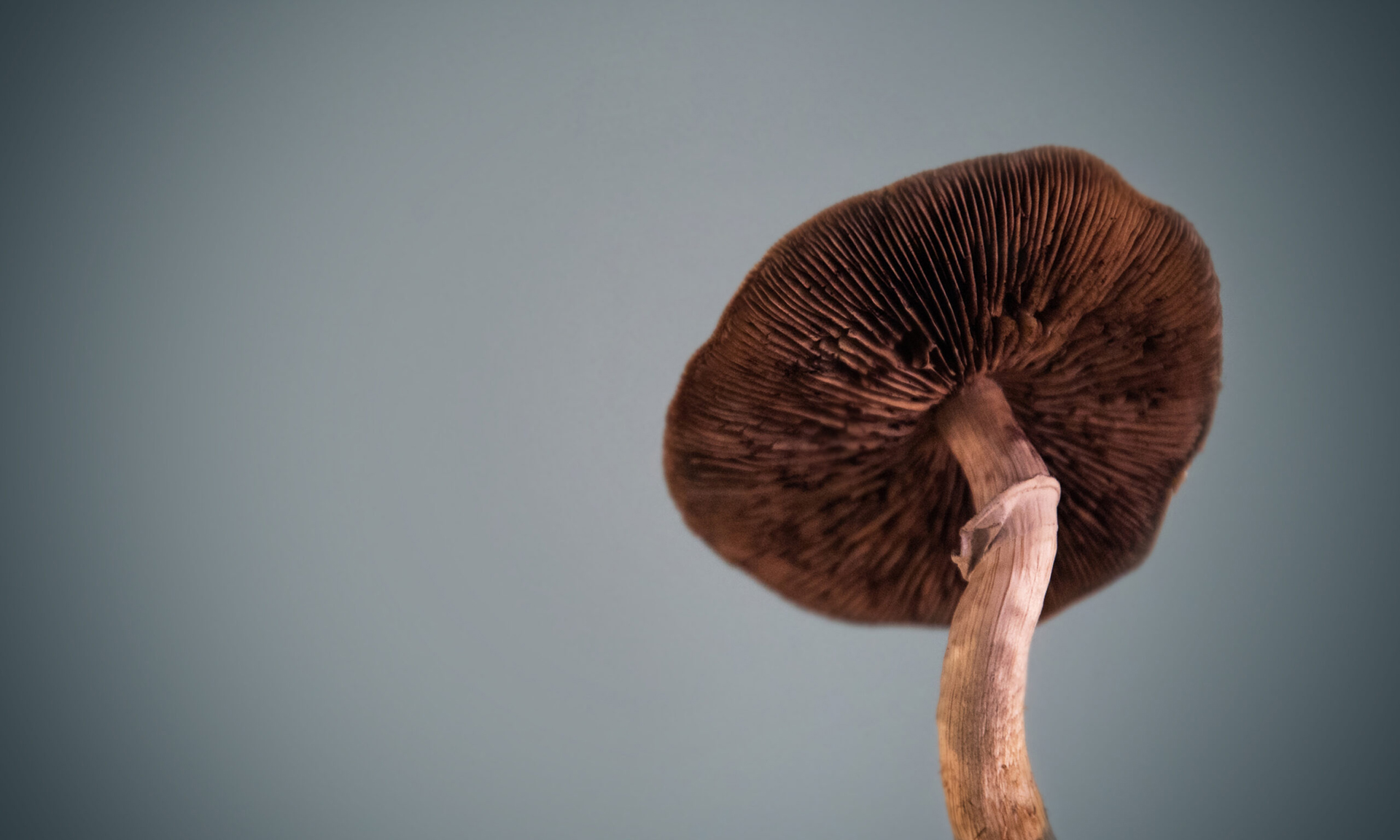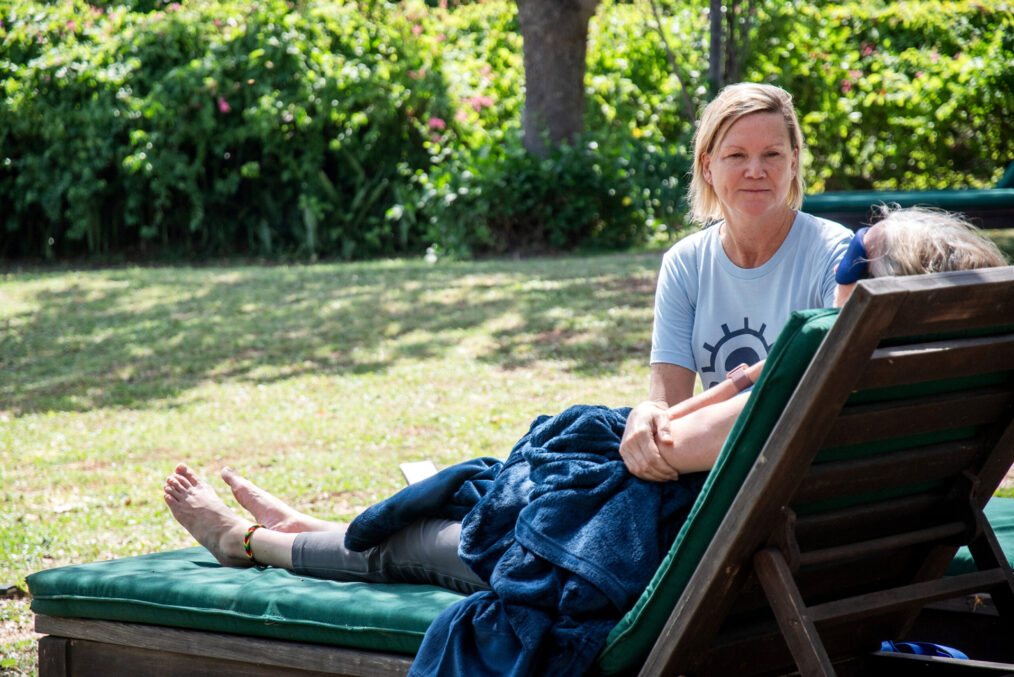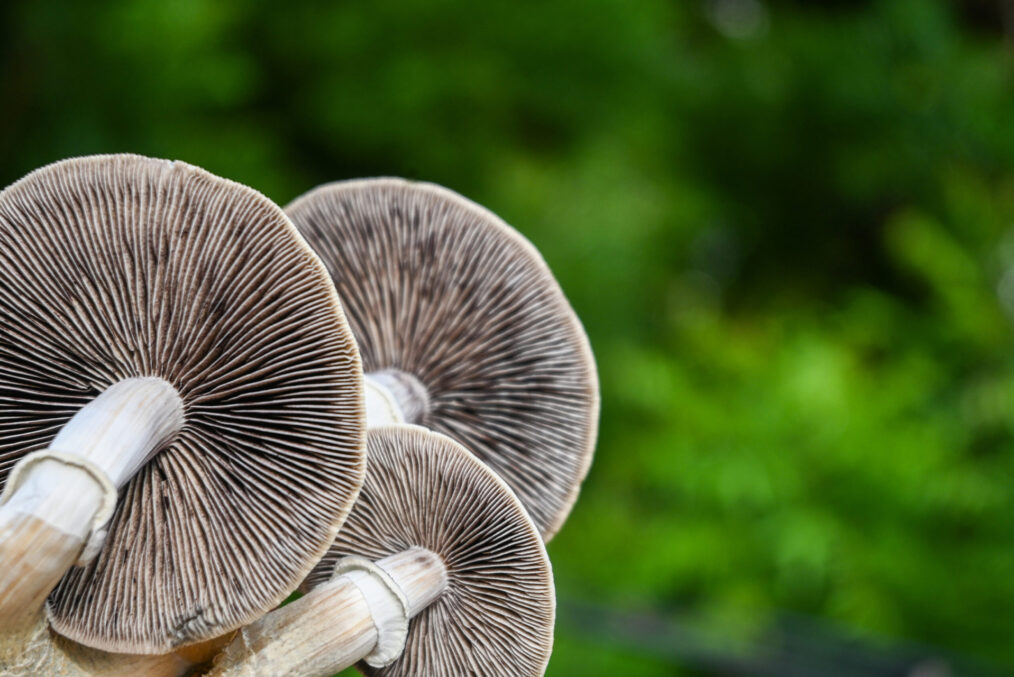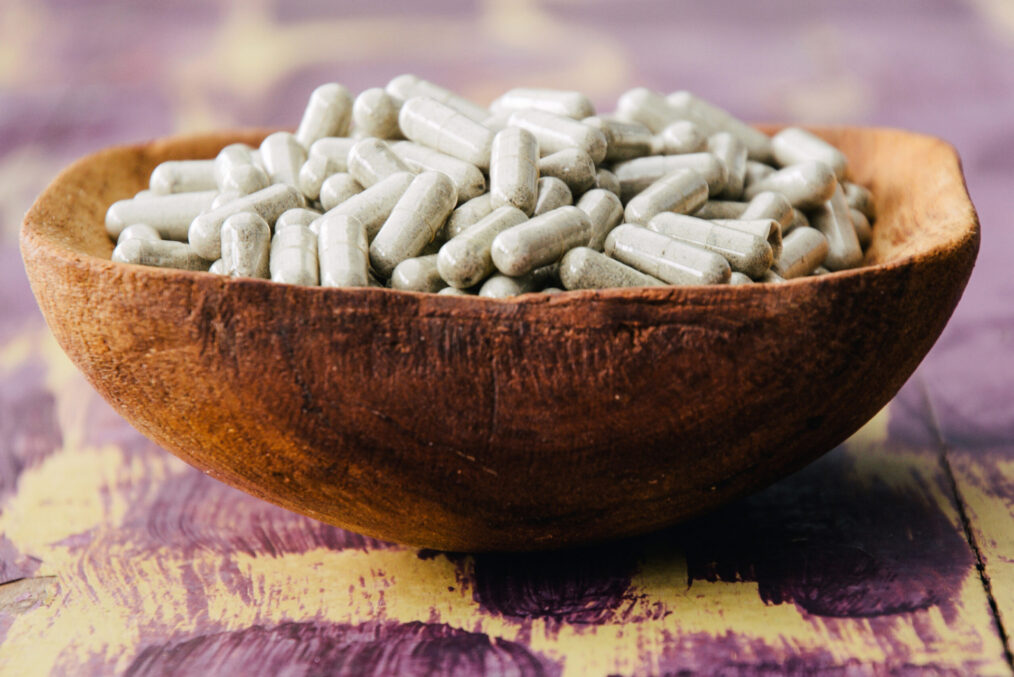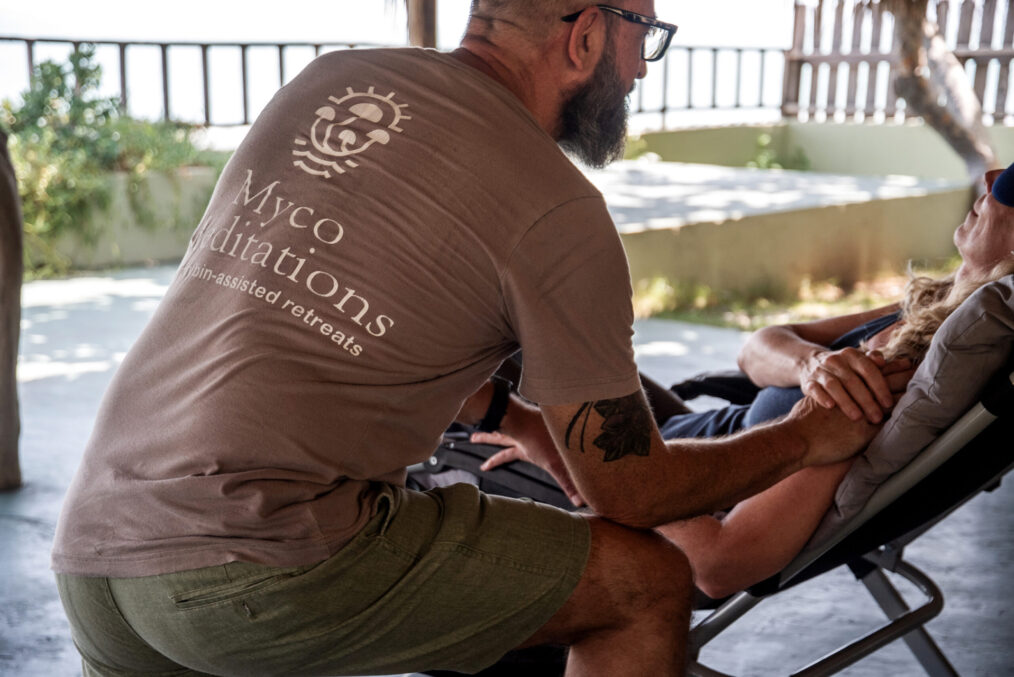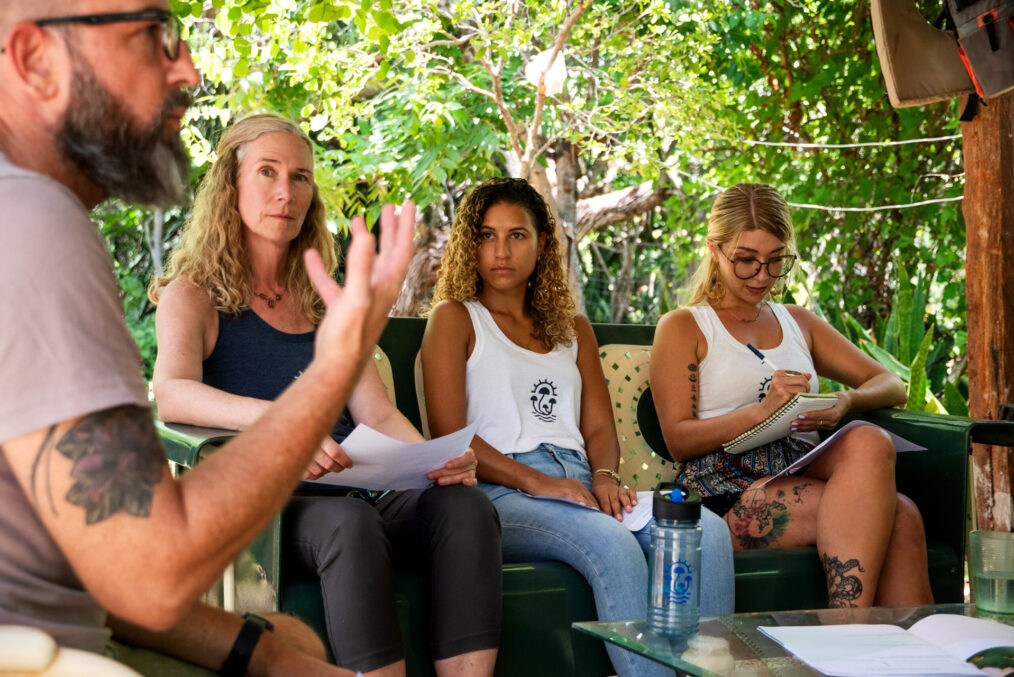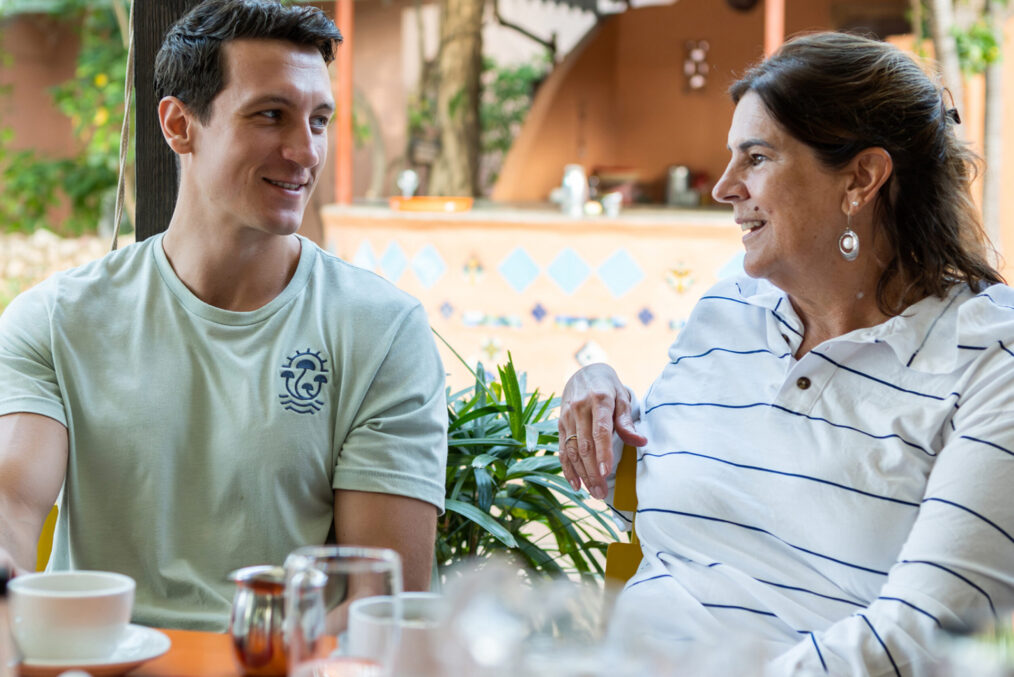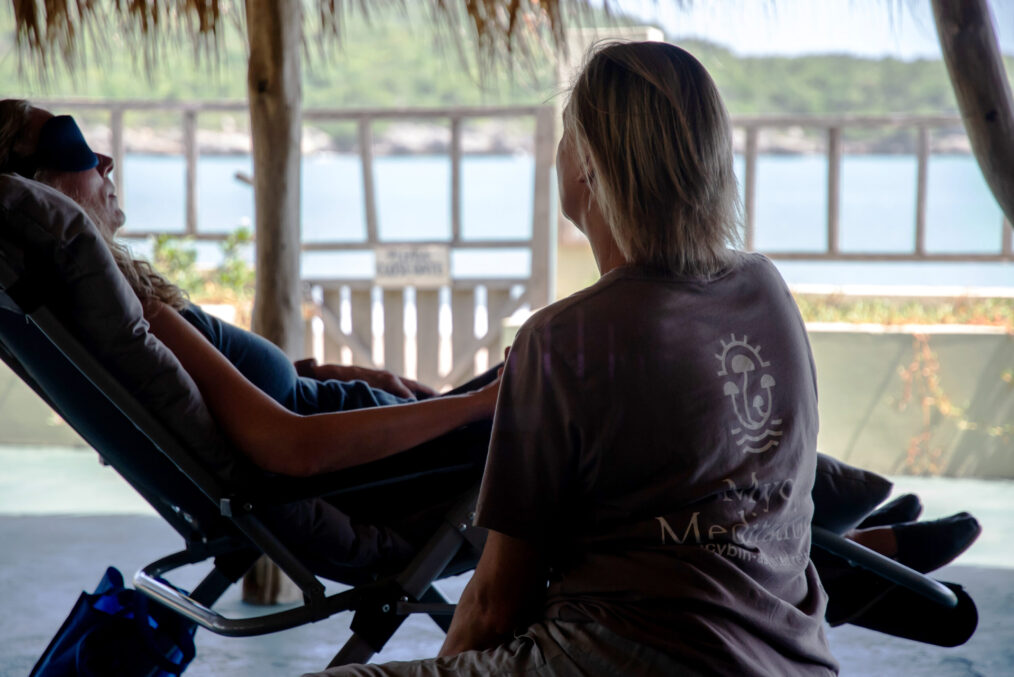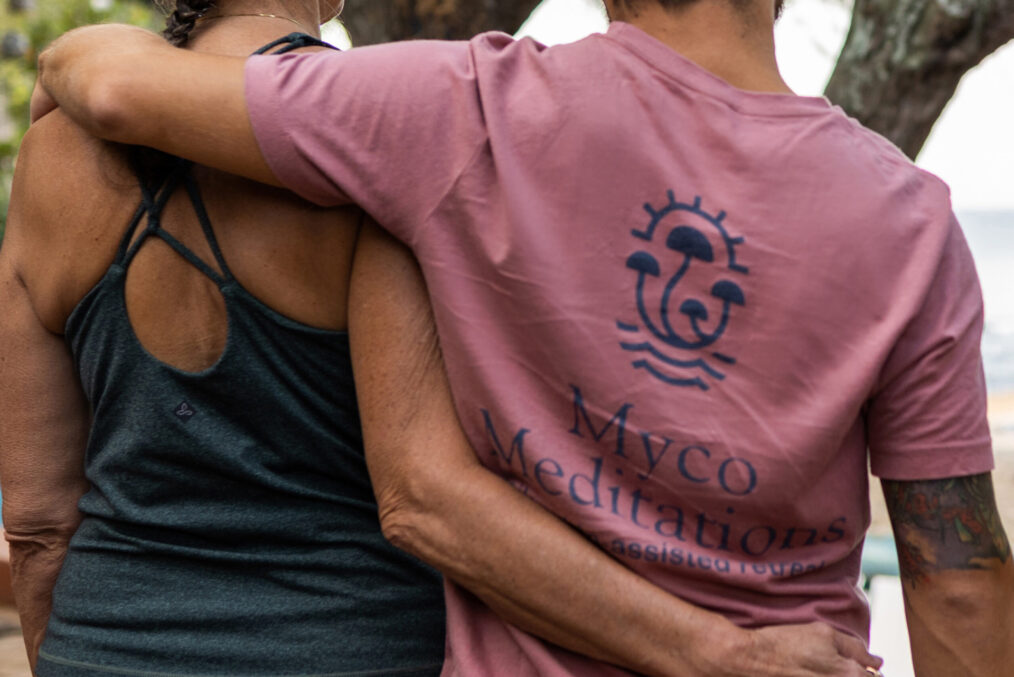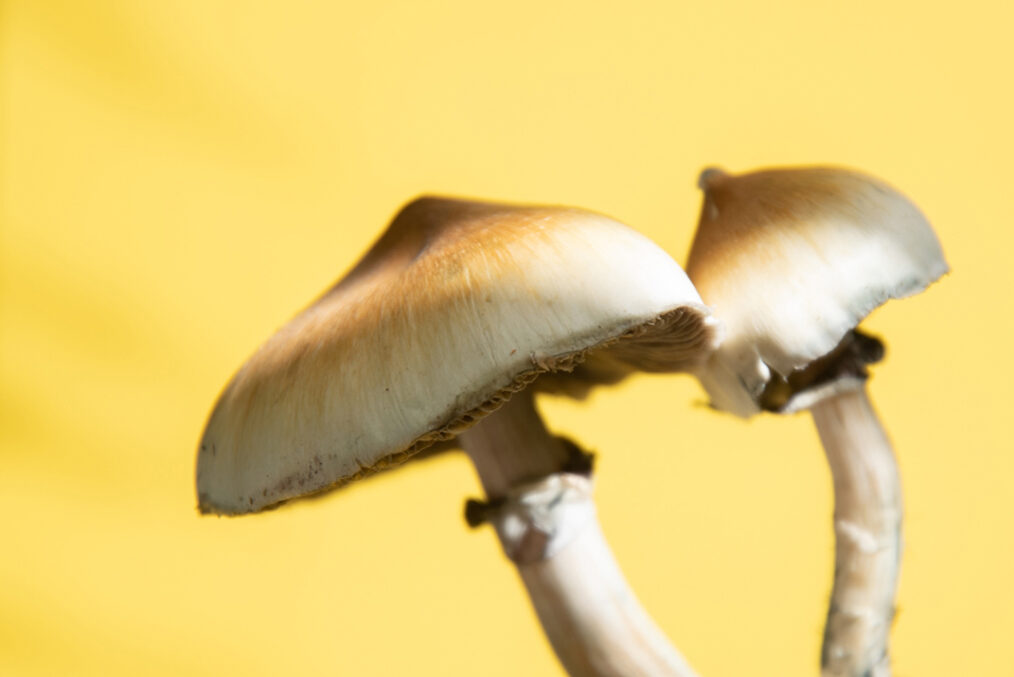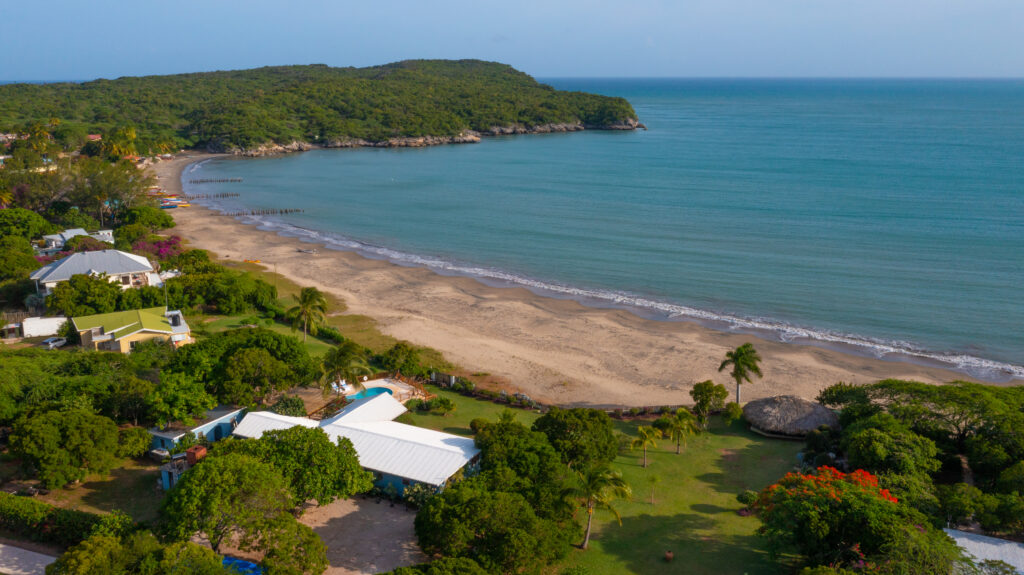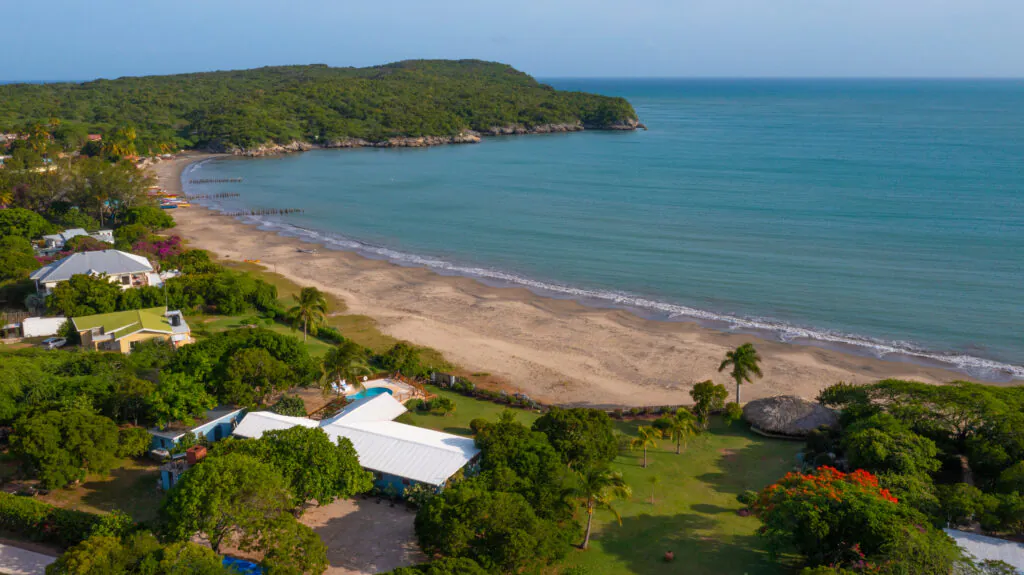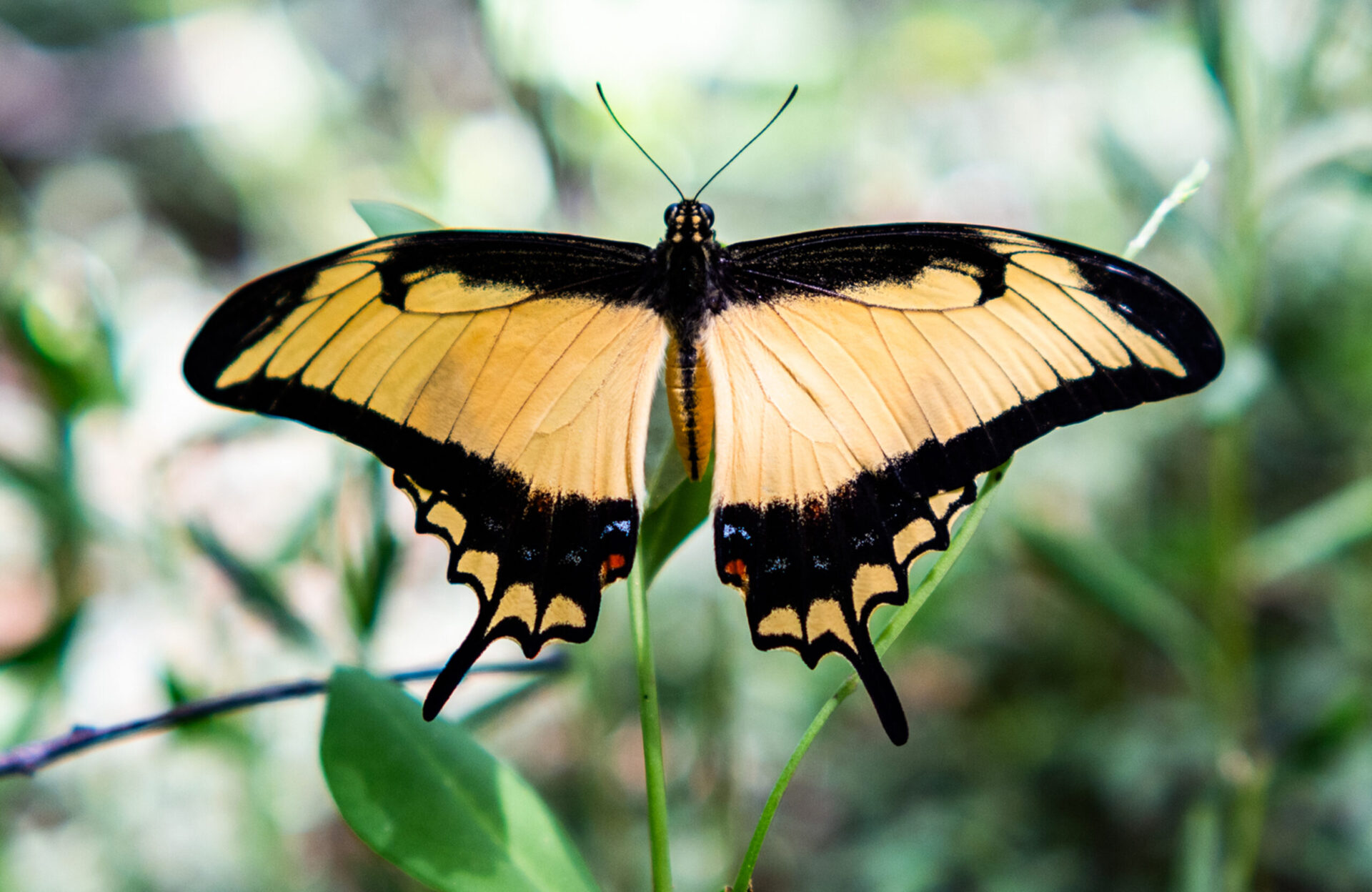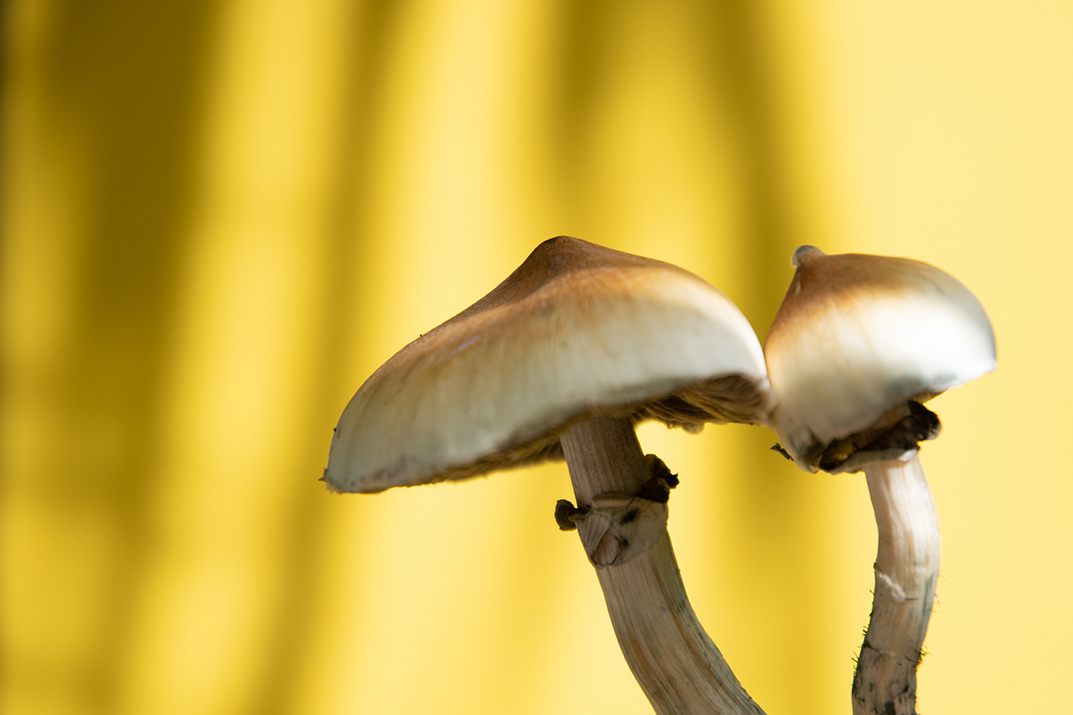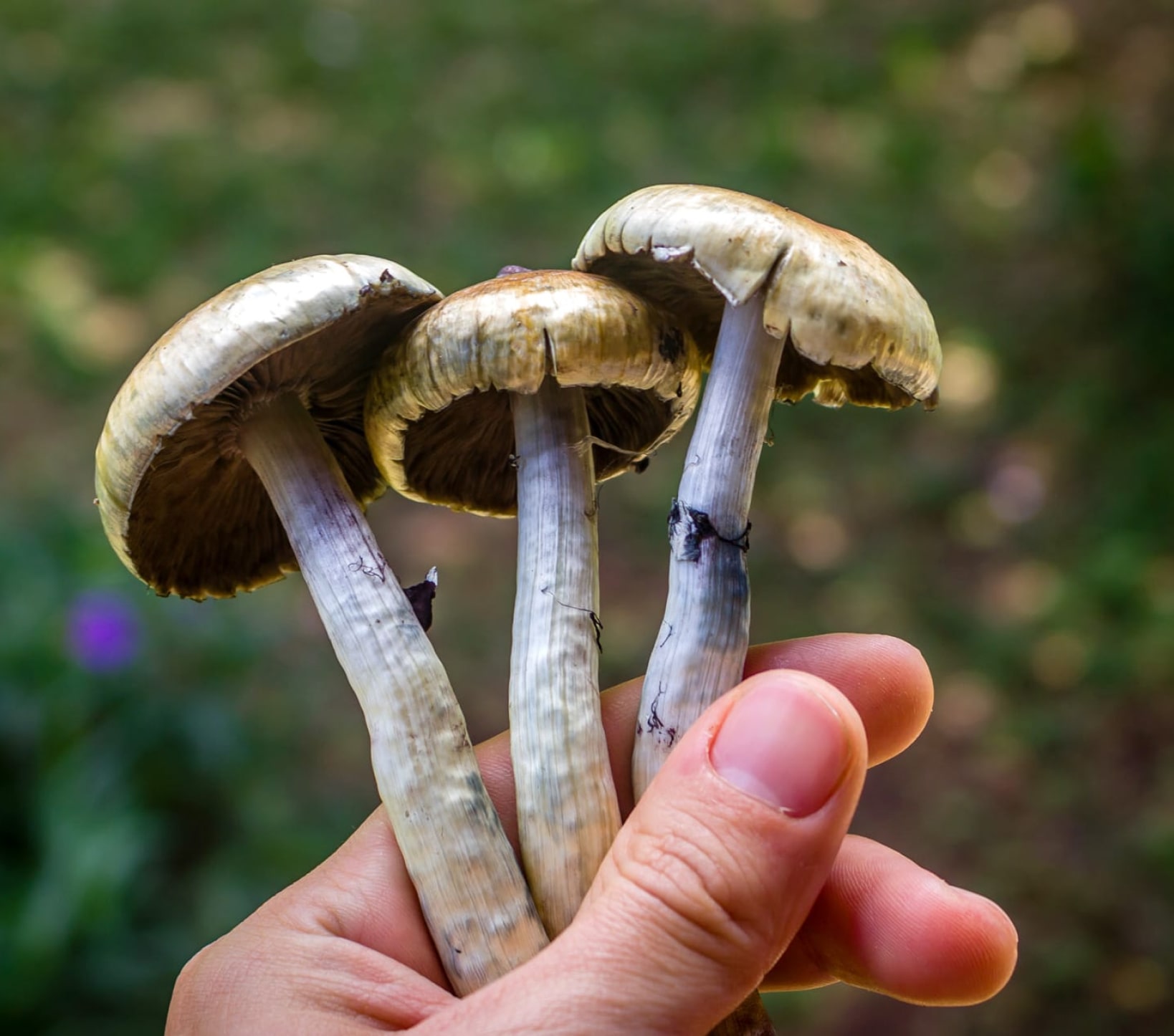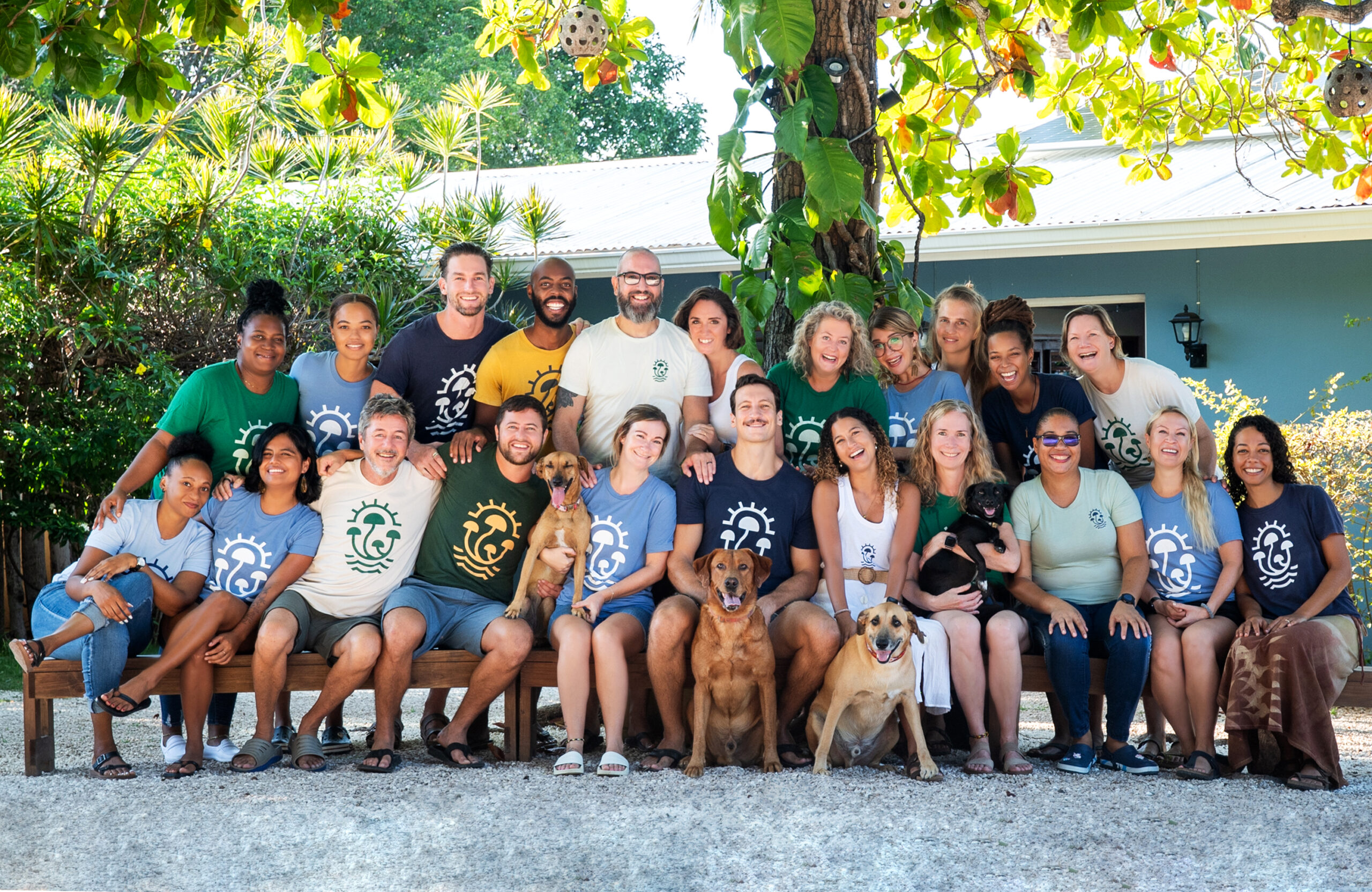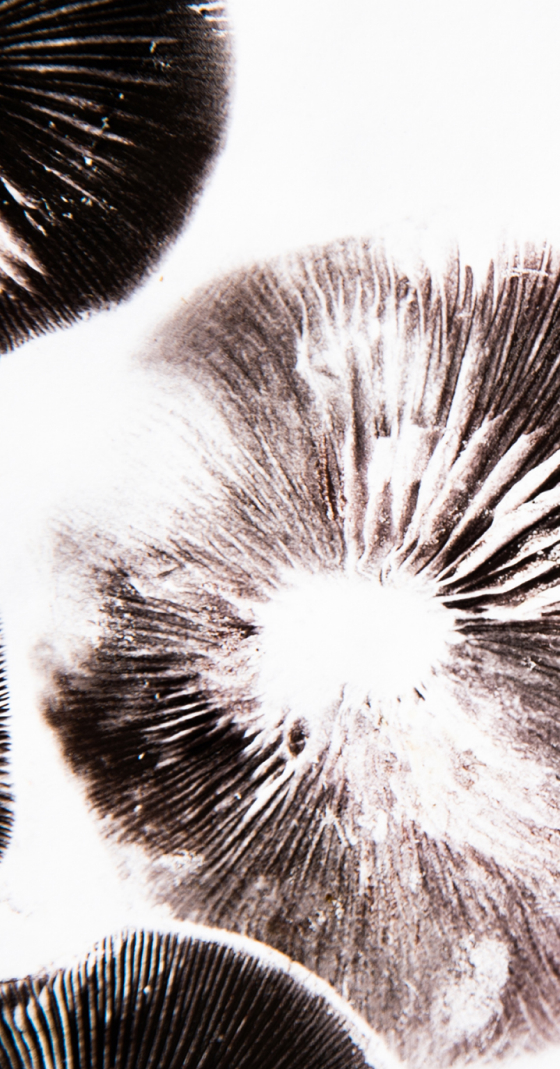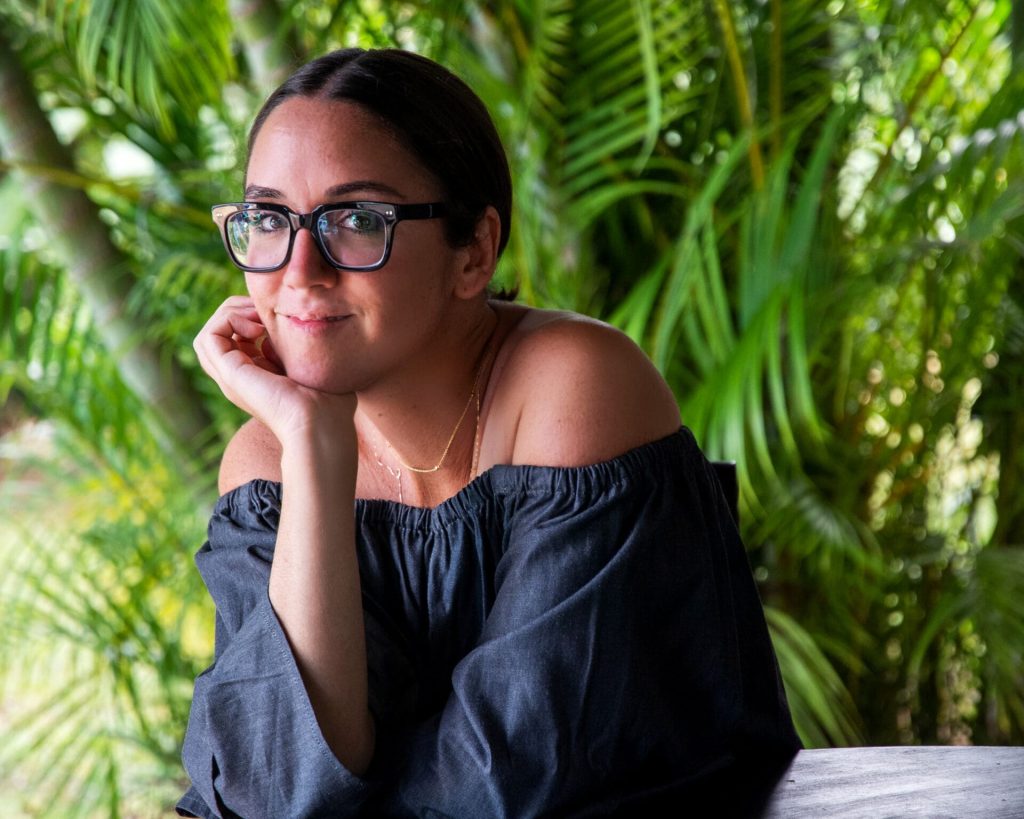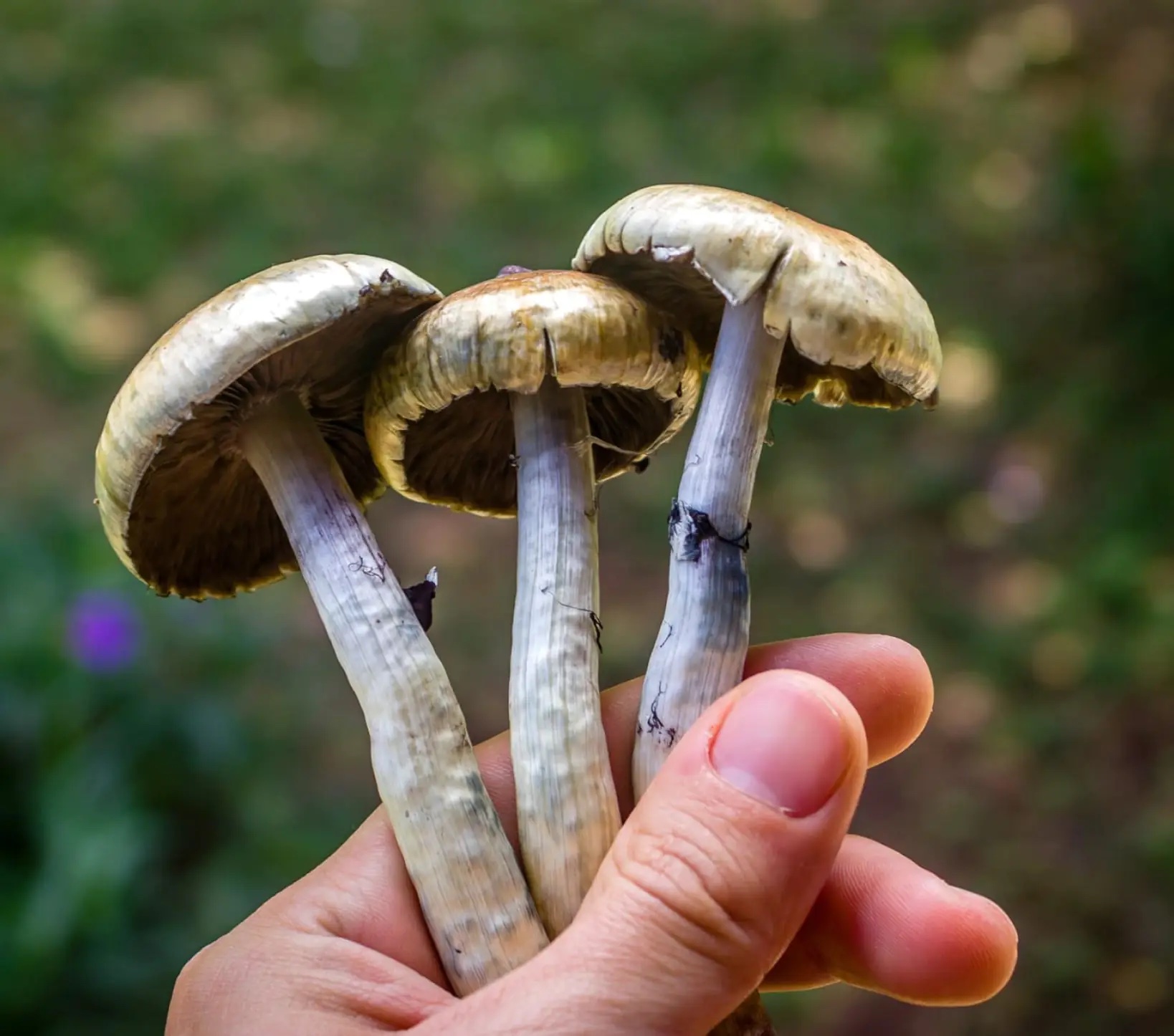
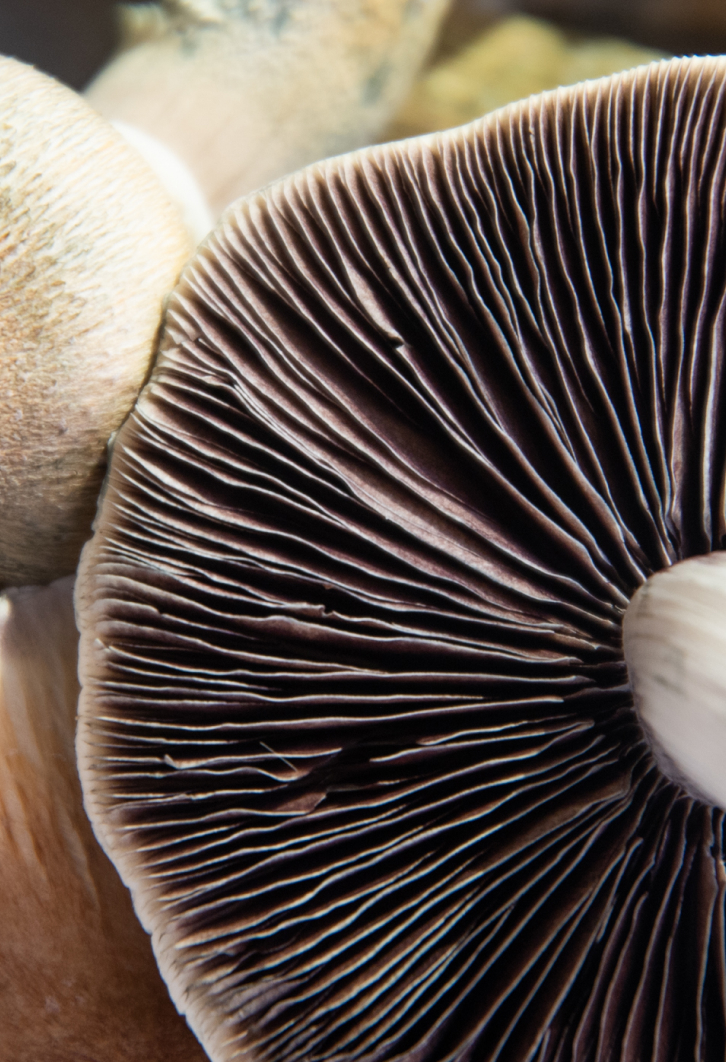
Ancient Medicine with Modern Application ✺
Throughout human history, psilocybin mushrooms have had tremendous medicinal and spiritual importance within cultures around the world. Recent and ongoing clinical studies only support what our predecessors already understood about the healing potential of psilocybin medicines.
Since hosting our first psilocybin-assisted retreat in 2014, MycoMeditations has become one of the longest-serving psychedelic retreat centers in the world. We offer you deeply therapeutic experiences with psilocybin mushrooms in the natural settings of Jamaica, complimented by a Western, contemporary approach best suited for modern times.
Attended ✺
Administered ✺
Group Therapy
Psilocybin Retreats For
- Depression
- Generalized Anxiety
- Social Anxiety
- PTSD
- Addiction
- Insomnia
- OCD
- Chronic Pain
- Concussions
- Body Dysmorphia
- Fibromyalgia
- Cluster Headaches
- End-of-Life Distress
- Grief
- Personal Growth
- Life Direction
- Purpose
- Career Development
- Relationships
- Confidence
- Managing Stress
- Creativity
- Feeling Stuck
- Resetting Yourself

Retreat Locations
Blue Marlin
8-Day, 3 Psilocybin Session Retreats starting at:
$5,950 / person for shared occupancy
$9,200 / person for single occupancy
Our flagship location, Blue Marlin effortlessly combines comfort with the laid-back pace of island life making it our most popular retreat location.
Rainbow Tree
8-Day, 3 Psilocybin Session Retreats starting at:
$6,250 / person for shared occupancy
$9,200 / person for single occupancy
With recent renovations, Rainbow Tree offers our guests a modern Caribbean experience, beautifully designed rooms and decor, and panoramic views of the sea.
Bluefields Bay
8-Day, 3 Psilocybin Session Retreats starting at:
$11,150 / person for double occupancy
$13,100 / person for single occupancy
The unbelievable oasis of pristine waters and lush mountain scenery in Westmoreland Parish is where you’ll find Bluefields Bay Villas, our highest-end retreat offering.
Psychedelic Retreats with Proven Results
MycoMeditations has been conducting longitudinal surveys assessing the mental health outcomes of past guests since 2021. Years of data has proven the effectiveness of our psilocybin-assisted retreats for a range of conditions.
MycoMeditations
Guest Survey
Based on survey responses from hundreds of guests, submitted on average 12 months after attending a retreat.
Would attend MycoMeditations again
Considered their experience at MycoMeditations ‘positively life-changing’
Felt the experience was in their Top 5 most meaningful life experiences (21.5% said it was the most meaningful)
Would recommend MycoMeditations to other people
Believed that a MycoMeditations retreat is a suitable alternative to conventional mental health treatments
Agreed that their experience helped them address their biggest personal obstacle in a significant way
Experienced what they felt were significant emotional breakthroughs
Experienced what they considered significant psychological insights
Were satisfied with the overall safety of the mushroom sessions
Were satisfied with the setting of the mushroom sessions
Were satisfied with the support from MycoMeditations facilitators before, during, and after the mushroom sessions
Discover
More About
MycoMeditations ✺
Upcoming Retreats
(Join the Waitlist) April 26 — May 3, 2024 View Location
(Join the Waitlist) April 27 — May 4, 2024 View Location
(1 Spot Left) May 11 — 18, 2024 View Location
(2 Spots Left) May 24 — 31, 2024 View Location
Frequently Asked Questions
Why should I pick MycoMeditations over other psychedelic retreats? +
MycoMeditations provides three therapeutic psilocybin sessions alongside 20+ hours of integration with intimate group sizes. Our retreats are staffed with mental health professionals and have the highest team-to-guest ratio for psychedelic retreats. Most other retreat centers offer one or two doses, group sizes nearly twice as large with less support staff. MycoMeditations primarily treats guests who are struggling with various types of mental illness of all severities, which also sets us apart from most other centers. See this section for the differentiating factors between us and other psychedelic retreats or clinics.
Can I join your retreat if I have never taken psychedelics before? +
Absolutely. Many of our guests have never consumed psychedelics except for possibly some experimentation in college. Many of our guests have learned about the healing potential of psilocybin mushrooms only in the last few years from emerging psychedelic research. Our retreats are for everyday people just like you.
What will you do if I have a bad trip? +
We don’t subscribe to the notion of “bad trips,” but refer to them as challenging. When psilocybin mushrooms are taken responsibly (with the appropriate support and preparation), the experience can be extremely transformative. Our retreat program is designed to help guide you through these experiences safely and most effectively. Our team is always there to support you during the psilocybin sessions, and through the hours of integration and discussions during the week.
Why is your retreat more expensive than others I have looked at? +
MycoMeditations is one of the world’s longest-running psilocybin-assisted therapy centers. We have spent years developing and refining our model and protocols to provide the best possible retreat experience and outcomes for our guests. We keep our guest registration per retreat lower than most, and our team-per-guest ratio very high. All our retreats are staffed with mental health professionals, who have years of experience working with clients in non-ordinary states. A typical MycoMeditations retreat may have 10 guests with 7 facilitators. Other psychedelic retreat companies often take up to 20 guests with only 4 facilitators, many of whom may not have a mental health or trauma-informed background. Our retreats are 8-day retreats and include 3 psilocybin sessions, while most other retreat centers only offer 3 to 5-day programs with 1 or 2 sessions.
Ultimately, the cost of our retreat packages is a result of our pursuit to build the gold-standard for psychedelic-assisted retreats.
Will the retreat benefit me if I don’t have any of the conditions listed on your homepage? +
Definitely. While we have developed a reputation for hosting guests with mental health conditions, we know that psilocybin is a medicine for everybody. Whether you consider yourself healthy or not, this is likely an experience that can offer you tremendous benefits. The only requirement is that you join the retreat knowing that this is not a recreational environment, and the work can be quite heavy. There will certainly be lightness and fun throughout the week, but to build the strongest group container possible, we ask that everyone joining MycoMeditations does so ready for highly intentional work.
What does aftercare or integration following your retreat look like? +
Following each retreat, your lead therapist will host the retreat group for multiple, online, 2-hour, integration sessions. The format resembles your integration sessions from the retreat week, continuing the connection with your psilocybin experiences. Post-retreat integration sessions take place at approximately 2 weeks and 6 weeks after the retreat.
Why is the cost of the mushrooms not included in the retreat package? +
As psilocybin is not legal in most countries, we cannot include this cost in your retreat package. For this reason, we require the mushroom payment to be made separately upon your arrival at the retreat.
